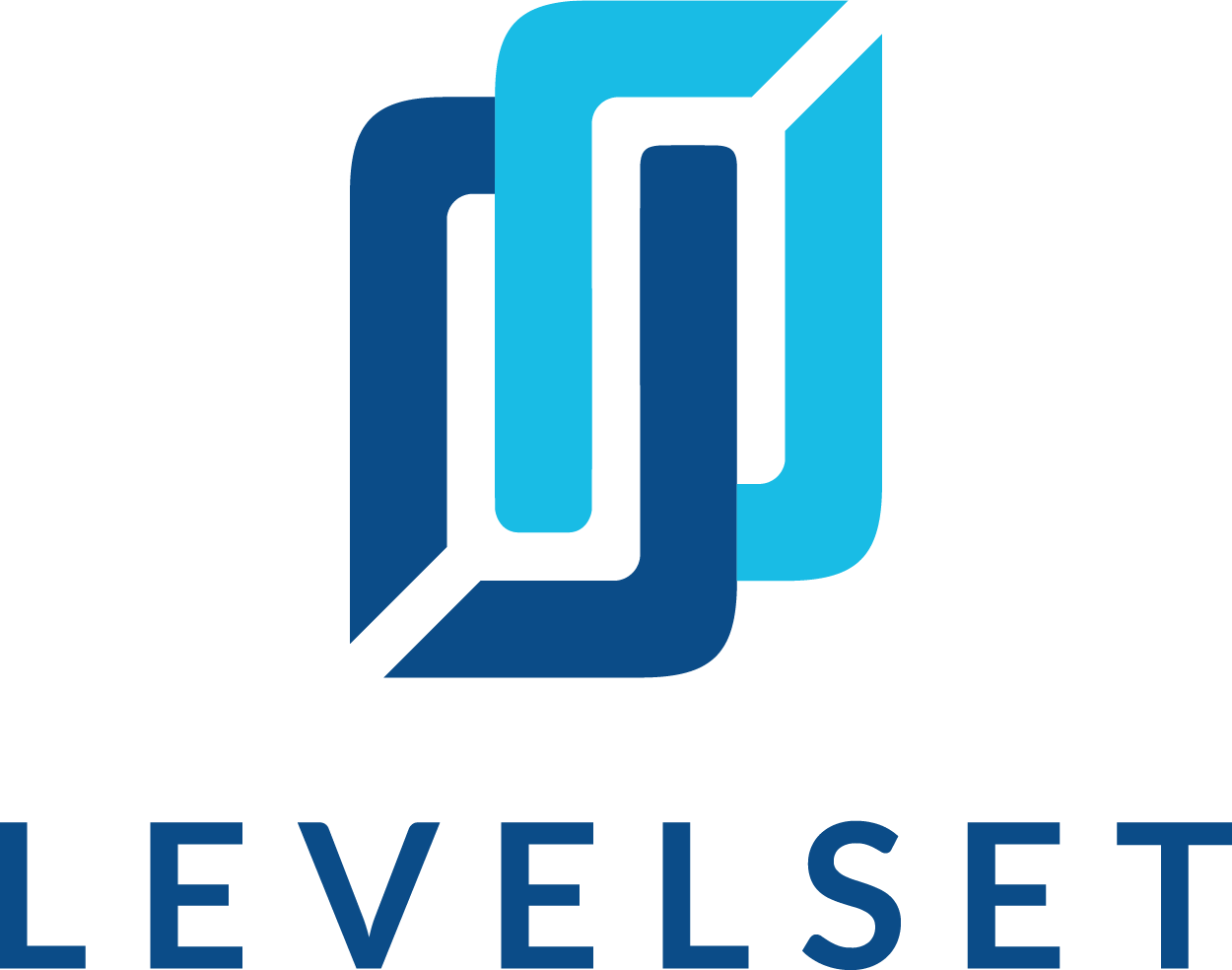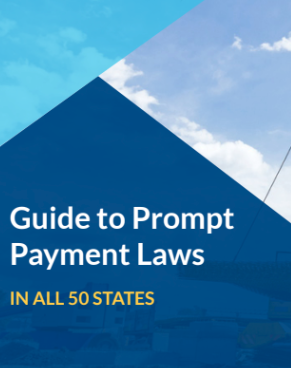
Everyone who’s been around for a while in the construction business has a story about not getting paid on time. The term “prompt payment” seems so straightforward, yet contractors find themselves slipping into the collections business despite their best-laid plans. What can contractors do to get paid in full and on time? Knowledge of state laws regarding prompt payment is pretty much a requirement for contractors.
Dealing With Slow Payments in Construction
First things first: one of the best ways that contractors can get paid faster on their projects is by sending preliminary notice. When choosing between which contractors or subs to pay, those that sent preliminary notices with their invoices (thereby securing their right to file a lien) are always going to be paid before those that didn’t send notice.
Additionally, having a well-worded contract that does not contain any one of a few very problematic clauses is also a very good idea. But in addition to these two very important items, an understanding your state’s prompt payment laws can be another tool in your toolbox when dealing with slow payments.
Prompt Payment
When, if, and how much a contractor gets paid could come down to the prompt payment laws in your state. If you made a mistake with sending the preliminary notice, or you missed a preliminary notice deadline, your delinquent customer may find a way to dispute it, thereby invalidating your lien rights. And no matter how clear a contract appears, people find ways not to pay their contractors. It could be over disputed work progress, alleged construction defects, third party claims, and other issues that commonly arise.
Rules can differ among contractual relationship types. Each state has laws that protect prime contractors and their subcontractors with an owner as well as prime contractors and their subcontractors. It can make a difference if the owner is a public or private entity.
What about retainage? If a contract is for, say, $100,000, but the owner or general contractor is disputing only $7,500 worth of work, how much can be retained? Can they hold back the whole contracted amount, the disputed amount, or some multiple? State laws will also dictate whether interest can be collected on claims, and what the interest rate is.
States have provisions in these statutes that might appear a bit quirky. In Alabama, for example, the law does not apply to residential homebuilders or contractors doing business with state or local governments. In Kansas, a claimant for undisputed payments may suspend performance under the contract until the bill is paid, with interest, and the contract itself may be extended. California has provisions for work stoppage when the contractor doesn’t get paid, and the claimant must post a notice of intention to stop work at a prominent place on the job site. The owner must provide a copy of the notice to their lender within five days. Statutes in Oregon prohibit using another state’s law, and establish civil penalties for those who violate the Act, with particular attention to habitual offenders.
Reasonable people can disagree, but unreasonable people will disagree. While good contracts, a clear scope of work, sending preliminary notices, and other Contractor 101 tasks are critical, the ultimate goal is to get paid in full and on time. A handshake and goodwill are certainly desirable, but so is knowledge of each state’s law when it’s time to collect.
Free Prompt Payment Resources for All 50 States
Recognizing that prompt payment means what each state says it means, we’ve compiled useful prompt payment information for all 50 states.
You can also utilize our Construction Legal Center to ask your construction payment questions which are answered by our licensed staff attorneys, also for free.



